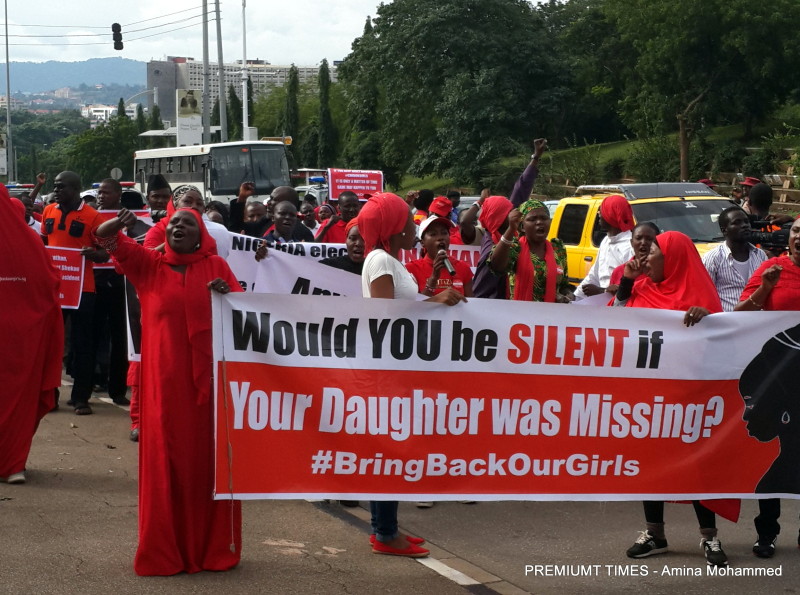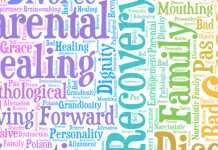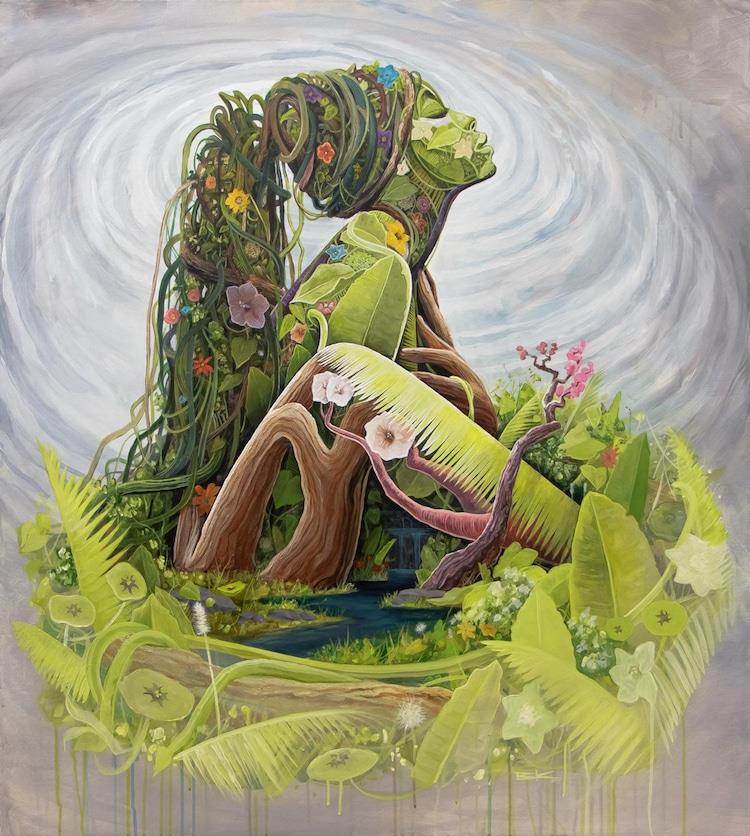“In the last decade, Nigeria has witnessed an unimaginable upsurge in killings due to insurgency and instability. Northern Nigeria has been especially affected by violence as the Islamic fundamentalist group Boko Haram unleashed terror on all, including infants, children, and women. Like ravenous wolves, Boko Haram militants raided villages and devastated hapless citizens”.
When I think about peace and security for my country, I cannot help but think about the pivotal role of our women in the home and society. When I think about the wars, the bloodletting, the unrest, destruction, and wanton waste of lives and properties, I cannot help but ask—where are the women?
Women are the central actors in the human family and they hold the key to societal peace and stability. I agree with the popular saying, “The hand that rocks the cradle rules the world.”
One event, in particular, has made this clear to me. On 14 April 2014, 276 girls were abducted in Chibok and whisked away from their school by Boko Haram. At the time, it felt as though the entire nation was held hostage by this terrorist group.
At first, the news of the girls’ abduction was greeted with disbelief. Even the government at the time, headed by President Goodluck Jonathan, dismissed the incident as a carefully crafted rumour targeted at discrediting his government. When later it became clear that the girls were indeed captured by terrorists, Nigerians went livid with anger. It seemed that the government was completely clueless as to how to secure their freedom.
Men, women, youths, mothers, civil society organizations, students, clerics and people from all parts of society stormed the streets in heart-wrenching protests, demanding that government swing into action to rescue the girls.
With time, the international community threw their weight behind our agitation, calling on the Nigerian government and all stakeholders to take responsibility for the tragedy and do its best to rescue the girls.
Gradually, days turned into weeks, weeks into months and months into years. Now, it’s been four full years of indescribable pain, frustration, nightmares, agony, hopelessness, and endless waiting.
Although some of the girls were released through the intervention of the present administration, headed by President Muhammadu Buhari, many are still held in captivity. We learned from the accounts of girls who were released that they were compelled to renounce their faith, raped, and subjected to all kinds of inhumane treatment. The Chibok girls have not only been physically raped but also emotionally raped and disrobed.
In 2017, there was another case of abduction of innocent schoolgirls from Dapchi. All of these girls were released except for one, Leah Sharibu, who has remained in captivity for her refusal to renounce her faith and convert to Islam.
Out of the many questions on the minds of Nigerians, one thing has remained incomprehensible: Why would anyone choose to kidnap innocent girls seeking formal education and the prospect of a brighter future? Why would any sane person parade such girls as bargaining tools in a fight against the government and the name of religion?
Who actually raised these men and women who have turned into beasts? Where are the mothers that tendered and nurtured them? How and why did they become a societal menace? Where is their sense of remorse or sympathy for fellow humans, and especially for vulnerable groups like women and children?
“I refer to the field of psychology for answers. A child that grows up in an atmosphere of hostility and rejection is more likely to be resentful, hurtful, and harmful. Conflict in the home is also believed to trigger psychological and behavioural problems in children, which if not well managed, can lead to negative outcomes when those children become adults”.
Research also shows that trauma in the home can compromise the social and emotional well-being of children by threatening their sense of security in the family, which can stir problems during adolescence, including depression and anxiety.
I believe these are some of the reasons our youth today are increasingly demonstrating a strong sense of restiveness, dissatisfaction, and disaffection toward authority, not only in the nuclear family but also in the nation at large.
Added to this is the harsh economic condition, which has subjected much youth to untold hardship. Many youths have had to abort their dreams and aspirations.
Where do we go from here? How do we ensure a stable, safe and secure society?
I believe that the future of security is women. I believe that women mould lives, and thus hold the key to shaping the mindset and character of children. I believe we are the real changemakers, the answer to numerous questions on the minds of our policymakers.
Security for me means love in the family, in the community, in the workplace, at religious centres, the marketplace, and in the sports centres.
I believe when women are given the necessary support, trust, and encouragement, a well of love is unleashed to nourish one and all. The warmth spreads around and everyone gets to savour the blessing. The aroma of peace and serenity spreads to all in society.
So let’s start at home. As daughters, sisters, mothers, nieces, friends, mothers-in-law, let’s demonstrate genuine love. I am calling for a love devoid of suspicion, envy, jealousy, selfishness, bitterness, and hatred.
Who says women are second-class citizens? Who says women have nothing to contribute to peace and security? Indeed, the future of our national peace and security lies with women.





















